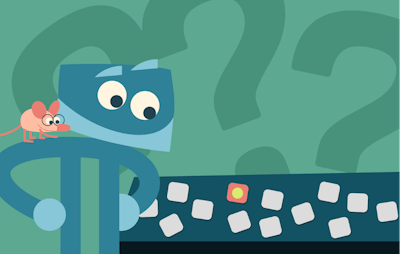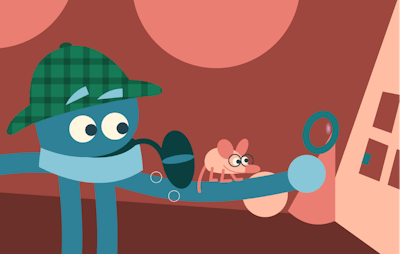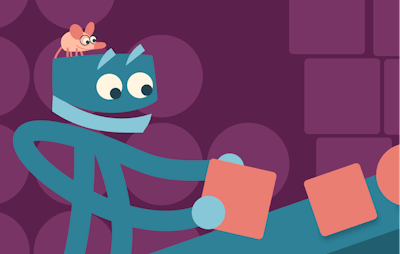Managing anxiety
Anxiety is common in kids, but it can impact school, sleep, and self-confidence. Learn the signs and how to support your child with calm, proven strategies.


Anxiety is a normal response to stress—but when it becomes frequent or intense, it can affect a child’s daily life. Children with anxiety may avoid school, worry excessively, or become overwhelmed by routine tasks. Understanding what anxiety is and how it affects your child is the first step. With the right tools and support, anxiety can be managed effectively.

Anxiety shows up in different ways. Children may experience sleep trouble, irritability, difficulty concentrating, or physical symptoms like stomachaches or headaches. They may avoid certain situations, become overly clingy, or withdraw from things they used to enjoy. When these patterns persist, it’s a sign they need support—early recognition leads to better outcomes.
Therapists, psychologists and other experts use age-appropriate strategies to help children understand their feelings, develop calming techniques, and build coping skills. Techniques may include cognitive-behavioral approaches, play-based therapy, or family support. With the right guidance, children can learn to manage anxiety and face challenges with growing confidence.
Recommended experts
Playful developmental games that help kids grow with confidence
Designed to support cognitive and developmental growth, our games turn screen time into meaningful moments of learning, focus, and joy.








Whether through therapy, tools, or play, support is available to help your child feel calm, capable, and connected.